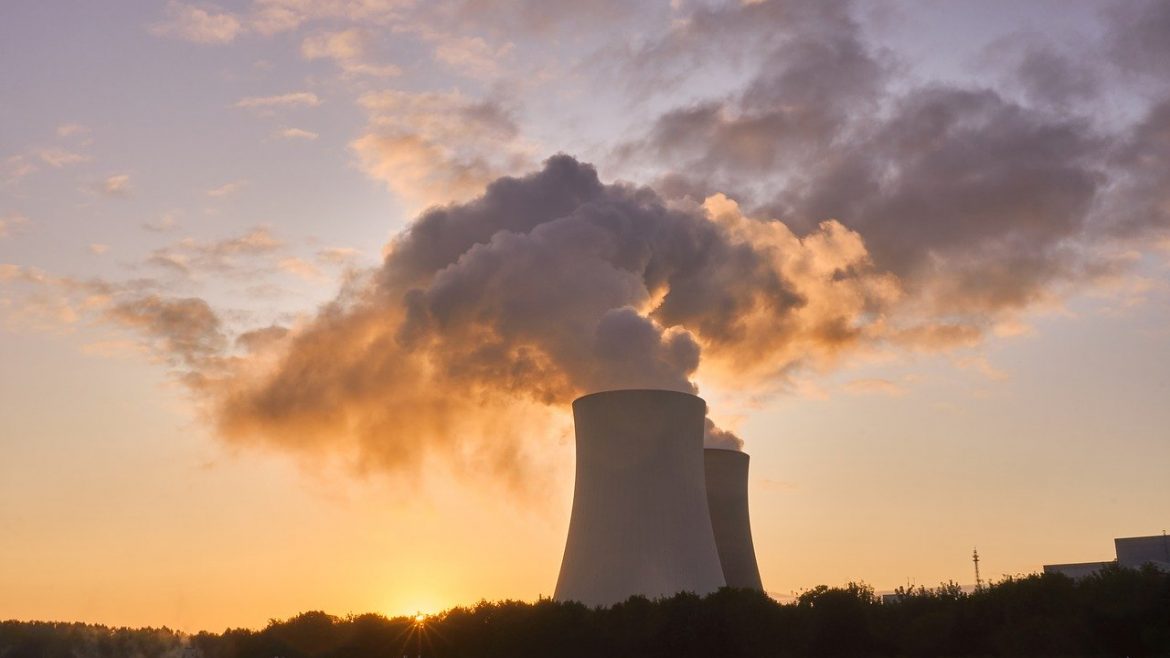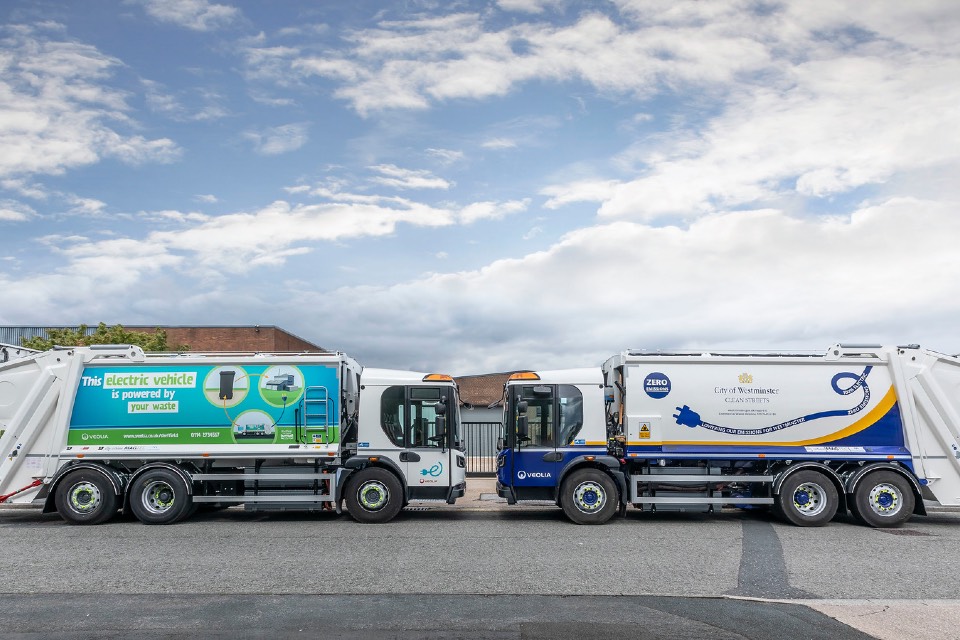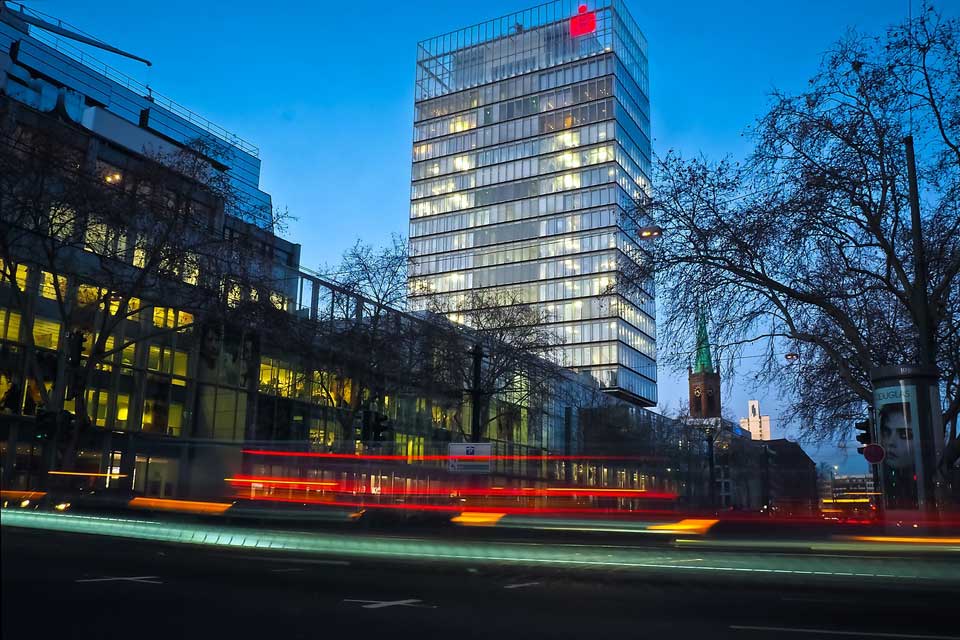5 Minutes With… David Kipling, Onsite Energy Projects Ltd
https://energymanagementsummit.co.uk/wp-content/uploads/2020/06/Onsite-Energy-Projects-June-11th.jpg 960 640 Stuart O'Brien Stuart O'Brien https://secure.gravatar.com/avatar/81af0597d5c9bfe2231f1397b411745a?s=96&d=mm&r=g
In the latest instalment of our energy management industry executive interview series, we spoke to OnSite Energy‘s David Kipling (pictured) about the company, the pathway to Net Zero, the impact of COVID-19 and innovation in the sector…
Tell us about your company, products and services.
DK: The inspiration for OEP came from my previous role where I led a team addressing energy in over 100 manufacturing plants globally. We saw the value of data-led energy analysis but also experienced the ‘glass ceiling’ of payback. My team came up with lots of solutions, but could only execute those with a short payback. With the pressure now on achieving carbon neutral and sustainability, companies are going to have to find a way of doing the longer payback measures that until now sit on the shelf. That’s what OEP is about – we both identify measures with a data-led approach, but also implement them as a zero capex ‘off-balance sheet’ supply agreement. This way we can help companies embrace net zero much faster.
We work with energy intensive manufacturing in the main, and cover a wide range of technologies including efficiency measures, onsite generation and heat recovery. We think its important to identify the most appropriate measures and which will have most impact, so we keep an open mind on what we recommend and are instead guided by the data.
What have been the biggest challenges the Energy Management industry has faced over the past 12 months?
DK: Mis-selling. I see a lot of incorrect sizing and false expectations raised by single technology solution companies pushing solutions that aren’t appropriate, are wrongly sized or which just suit them without considering the long term impact on the customer or the career path of the person making the capex recommendation to their management. The proverbial ‘hit and run’. It makes a bad name for the industry when savings aren’t achieved.
And what have been the biggest opportunities?
DK: COVID-19 (!) and Net Zero. Every significant business now has a sustainability strategy with goals for achieving carbon neutral, but a lot have also had capex cut for at least the next few years because of COVID-19. So the pressure is building for change, and the main obstacles are capex and sometimes innovation. We can help with both of these with our zero capex approach, and enable companies to stay on track or even accelerate their plans.
What is the biggest priority for the Energy Management industry in 2020?
DK: There isn’t much left of 2020 now, but looking to 2021, I would say its going to be decarbonisation. Companies are realising the values of decarbonising – often because savings can also be achieved in the process.
The biggest challenge will be decarbonisation of heat – in other words planning to switch from gas to electricity. This will be a massive change for gas hungry businesses. I think this will be the priority in 2-4 years from now. For a lot of businesses that will mean significant additional cost unless they develop a comprehensive approach and plan.
What are the main trends you are expecting to see in the market in 2021?
DK: Higher focus on energy efficiency. The EU announced energy efficiency as a core priority and I think the UK will too. A lot of companies have bought green tariffs or offsets as a first step to becoming ‘green’ but haven’t addressed consumption within their sites. With SECR reporting moving to its second year, comparisons and improvements will become more transparent and increase the pressure to act. Also for some climate change agreement targets are starting to be missed, which will lead to higher CCL costs if they don’t act.
What technology is going to have the biggest impact on the market this year?
DK: Several contenders… much better heat recovery technology is with us enabling waste heat to be used to produce anything from -40oC to +140oC. This can transform the benefits from CHP, which until now has been thought of only for making hot water. Also I think heat recovery to electricity. Also I think there will be some innovative applications from artificial intelligence systems starting to make ground.
In 2025 we’ll all be talking about…?
DK: Artificial intelligence. That’s not us pretending we know something ! Its software which learns how to improve performance of a building or process by itself. This will take BMS to the next level, and I think you will see applications in compressed air, process management etc.
Which person in, or associated with, the Energy Management industry would you most like to meet?
DK: Lisa Rose of Forum Events! Lisa’s enthusiast and is great at making people talk. We need more Lisas! We also need to get back to some face to face networking but that might be a little while off.
What’s the most surprising thing you’ve learnt about the Energy Management sector?
DK: I think people enjoy learning about new technologies. It’s an exciting space which is innovating fast. It also has a meaningful impact on both business profits and on climate change and sustainability, so the people in the Energy Management space are often driven by the benefits they can deliver.
You go to the bar at the Energy Management Summit – what’s your tipple of choice?
DK: Mine’s a pint!
What’s the most exciting thing about your job?
DK: Delivering new insights and levels of savings not thought possible.
And what’s the most challenging?
DK: Countering the “we’ve seen it before” and NIMBYs. Reality is if they saw it previously it has either changed massively or it wasn’t approached in the way we would use it. It doesn’t hurt to take 15 minutes to see if you can learn something.
What’s the best piece of advice you’ve ever been given?
DK: Don’t worry about a “no”, there is someone more deserving coming along!
Peaky Blinders or Stranger Things?
DK: My TV watching is limited to repeats of Top Gear.









